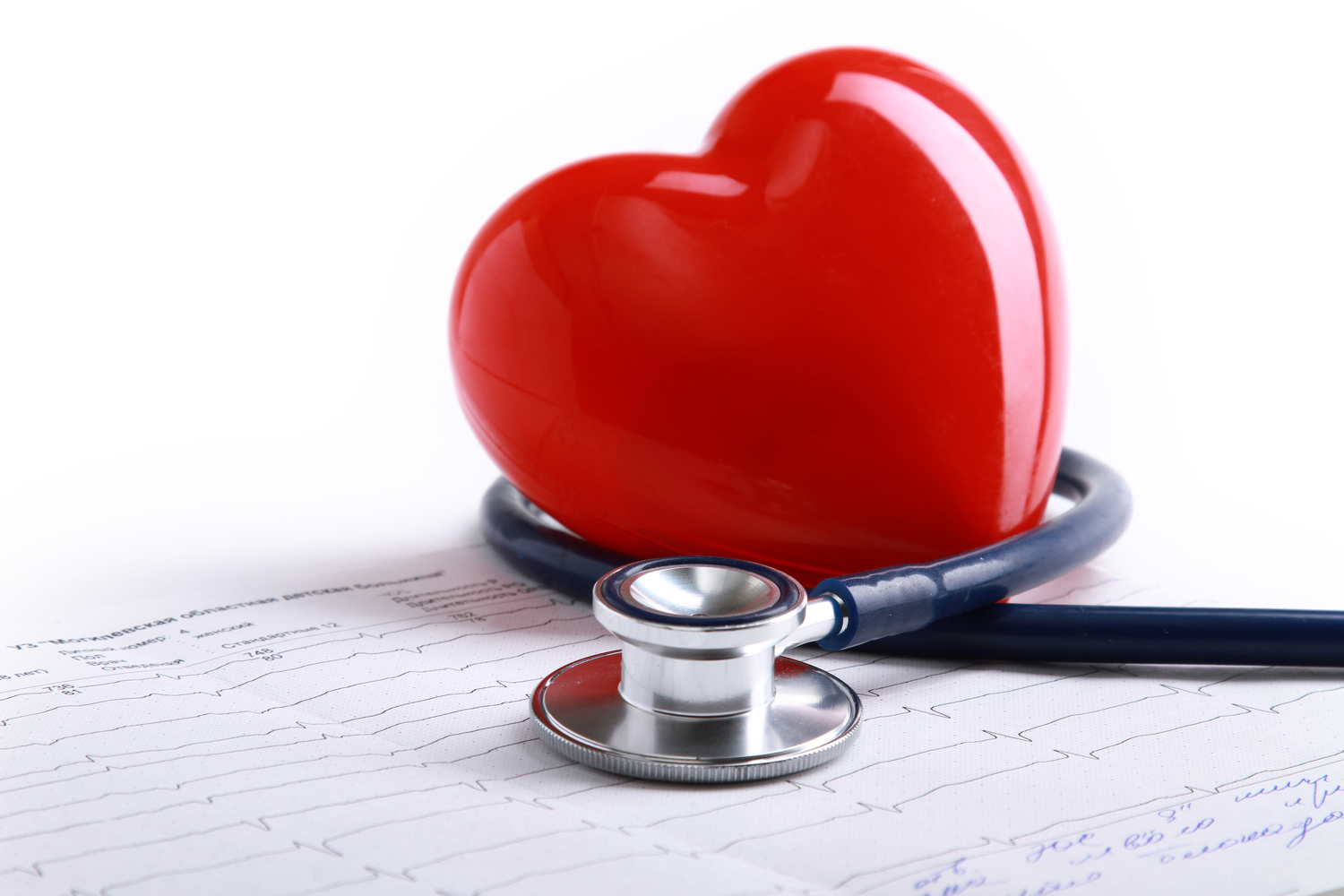
5 Types and Symptoms of Heart Disease
Heart disease is a condition that affects millions of people in the United States every year. It is the leading cause of death for both men and women and can lead to serious health complications if not treated. Heart disease can be triggered by many different factors, including high cholesterol levels, a sedentary lifestyle, and smoking.
There are different types of heart disease, each with its own set of symptoms. While some heart diseases are easy to identify and diagnose, others, like hypertrophic cardiomyopathy (HCM), usually go undiagnosed because the symptoms go unnoticed. Here are five types of heart disease and their symptoms:
1. Heart valve disease
This disease occurs when one or more of the four valves in the heart doesn’t work properly. The main types of this disease are aortic and mitral valve stenosis, tricuspid regurgitation, and atrial fibrillation (AFib). Aortic and mitral valve stenosis cause chest pain, fatigue, and shortness of breath, while tricuspid regurgitation causes swelling in the ankles and feet. AFib causes irregular heartbeat, which makes it harder for blood to flow through the body. Heart valve disease is often treated with medication, but surgery may be necessary for tricuspid valve replacement if medications aren’t working well enough on their own. Patients may experience shortness of breath after aortic valve replacement or mitral valve prolapse treatment.
2. Coronary artery disease (CAD)
Coronary artery disease happens when plaque builds up inside the arteries that supply blood to the heart muscle. This buildup narrows these passageways, making it harder for blood to flow through. Plaque can also break open and cause clots to form in these narrowed arteries, blocking blood flow completely and leading to heart attack or stroke if not treated immediately. Symptoms for this disease include chest pain, shortness of breath, pain in the arms or shoulder, nausea, and weakness.
3. Pericardial disease
Pericardial disease is a condition in which the pericardium, the thin sac that surrounds the heart, becomes inflamed. This can cause chest pain and shortness of breath. Treatment for this disease may include medications to reduce inflammation or surgery if the condition is severe.
4. Cardiomyopathy (heart muscle disease)
Cardiomyopathy, or heart muscle disease, is a condition in which the heart muscle becomes weakened and doesn’t pump blood as well as it should. There are several types of cardiomyopathy, including dilated, hypertrophic, and restrictive. Each type has its own set of symptoms. For example, people with dilated cardiomyopathy may experience shortness of breath, fatigue, and chest pain; those with hypertrophic cardiomyopathy, on the other hand, may have chest pain, dizziness, and fainting spells.
5. Atrial fibrillation
This is an irregular heart rhythm that causes the upper chambers of the heart (the atria) to beat too fast or in a disorganized way. This can make it harder for blood to flow through the body, potentially leading to a stroke if not treated immediately. Symptoms include chest pain, shortness of breath, dizziness, weakness, fatigue, and palpitations. Treatment options include medications such as beta-blockers or calcium channel blockers; ablation procedures that destroy small areas inside the atria, causing abnormal electrical signals; and surgical removal of part of the patient’s left upper chamber (LA).
Heart disease can be serious. Knowing the symptoms of heart disease is crucial for getting timely treatment and preventing serious health complications. If you are experiencing any of these symptoms, please see a doctor right away.



